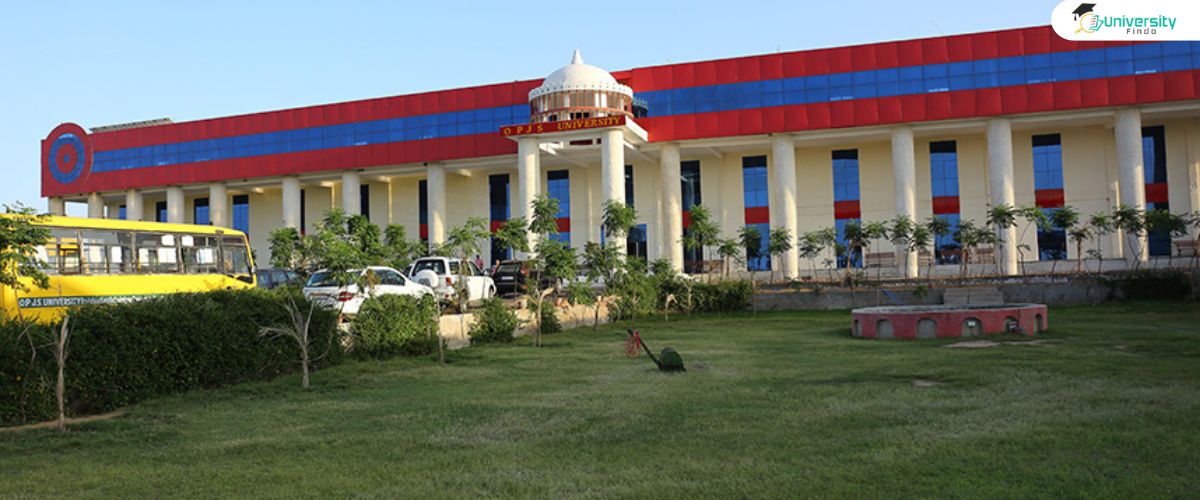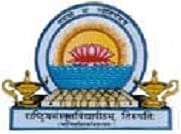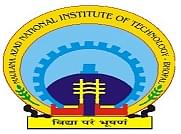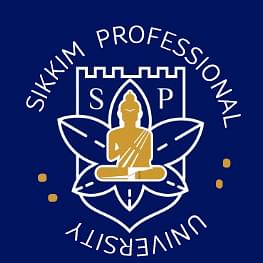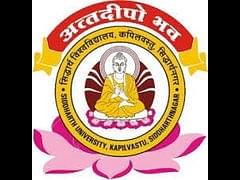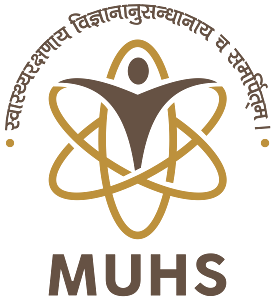B.Sc Nursing
Introduction, Admission, Eligibility, Duration, Syllabus
Introduction about B.Sc Nursing
A Bachelor of Science in
Nursing (B.Sc Nursing) is a comprehensive undergraduate program that prepares
individuals for a rewarding career in healthcare. This academic course
encompasses a blend of theoretical knowledge and practical skills essential for
nursing practice. Students engage in studies related to anatomy, physiology,
pharmacology, and nursing theory, along with clinical experiences in diverse
healthcare settings. The curriculum emphasizes critical thinking, compassionate
patient care, and effective communication. Graduates of B.Sc Nursing are
equipped to provide competent and evidence-based nursing care, contributing to
the well-being of individuals and communities. The program by The Best Institute In Dehradun serves
as a foundation for pursuing advanced nursing degrees and diverse opportunities
within the healthcare industry.
How can I apply for admission to B.Sc
Nursing?
The process
for applying to Top Institute in
Dehradun for B.Sc Nursing program , follow these general steps:
1. Research
Institutions: Identify the universities or colleges offering B.Sc
Nursing programs. Look for reputable institutions with accredited nursing
programs.
2. Check
Eligibility Criteria: Review the admission requirements and eligibility
criteria set by the institutions. Typically, this includes academic
qualifications, such as completion of high school or equivalent, with a
background in science subjects.
3. Entrance
Exams: Some institutions may require you to take specific
entrance exams. Research and prepare for any required standardized tests.
4. Application
Form: Obtain the application form from the official
website of the chosen institution. Complete the form accurately and provide all
necessary information.
5. Submit
Documents: Along with the application form, you will likely
need to submit supporting documents such as academic transcripts, certificates,
a resume, and letters of recommendation. Some institutions may also require a
personal statement or essay.
6. Entrance
Interviews: Be prepared for entrance interviews if they are
part of the admission process. This may involve questions about your motivation
to pursue nursing and your understanding of the profession.
7. Application
Fee: Pay the required application fee, if applicable, as part of the
application process.
8. Submit
Application: Send your completed application form and supporting
documents to the admission office of the institution within the specified
deadline.
9. Track
Application Status: Monitor the application process and check for
updates on your application status. Some institutions provide online portals
for applicants to track their progress.
10. Financial
Aid: If you require financial assistance, explore scholarship and
financial aid opportunities offered by the institution or external sources.
11. Acceptance
and Enrollment: If accepted, follow the instructions for
enrollment, which may include submitting additional documentation, paying fees,
and attending orientation sessions.
·
.
What is the eligibility for B.Sc Nursing?
The eligibility criteria
in The Best College in Dehradun (B.Sc
Nursing) programs may vary slightly from TULA Institute. However, here are some
common eligibility requirements:
- Educational Qualifications:
- Completion of 10+2 or equivalent
examination from a recognized board.
- A background in science
subjects, including Physics, Chemistry, Biology, and English.
- Minimum Aggregate Marks:
- Many institutions require a
minimum aggregate percentage in the qualifying examination. This percentage
may vary, but it is often in the range of 45% to 60%.
- Age Limit:
- Some institutions may have an
age limit for admission. Typically, candidates should be between 17 and
35 years old.
- Entrance Exams:
- Admission to B.Sc Nursing
programs may involve taking specific entrance exams. Common entrance
exams include AIIMS Nursing Entrance Exam, NEET (UG), JIPMER Nursing
Entrance Exam, etc. Candidates need to qualify in these exams to be
considered for admission.
- Medical Fitness:
- Applicants are often required to
submit a medical fitness certificate from a registered medical
practitioner to ensure they are physically fit to pursue nursing
education and practice.
- Nationality/Residency:
- Some institutions may have
specific eligibility criteria related to nationality or residency status.
International students may need to fulfill additional requirements.
- English Proficiency:
- Proficiency in English may be
required, and some institutions may ask for scores from standardized
English proficiency tests like IELTS or TOEFL for international students.
- Counseling/Interview:
- In some cases, candidates may
need to participate in counseling sessions or interviews as part of the
admission process.
·
.
How long does it take to complete
B.Sc Nursing?
A Bachelor of Science in Nursing (B.Sc Nursing) typically takes four years to complete. The program combines theoretical coursework with practical clinical experiences, covering subjects such as anatomy, physiology, pharmacology, and nursing practice. The curriculum also includes hands-on training in diverse healthcare settings, equipping students with the necessary skills for patient care. Throughout the four years, students gain a comprehensive understanding of healthcare, develop critical thinking abilities, and prepare for professional nursing practice. Upon successful completion, graduates are eligible to take licensing exams and embark on fulfilling careers in various healthcare setting
Internship opportunities after completing B.Sc Nursing?
After completing B.Sc Nursing
at The Best Institute of India
there are several internship opportunities available in various sectors of the
science. Here are some potential areas where you can find internship
opportunities:
1. Hospital
Internships: Many nursing schools collaborate with hospitals to
provide internships where students work alongside experienced nurses in various
departments, such as medical-surgical, pediatrics, maternity, and critical
care.
2. Community
Health Internships: Opportunities may arise in community health
settings, allowing students to engage in public health initiatives, community
clinics, and outreach programs.
3. Specialized
Units: Internships in specialized units, such as intensive
care units (ICU), emergency departments, or operating rooms, provide exposure
to high-acuity patient care.
4. Mental
Health Facilities: Internships in psychiatric hospitals or mental
health facilities offer experience in the field of mental health nursing.
5. Nursing
Homes/Long-Term Care: Internships in nursing homes or long-term care
facilities provide insights into geriatric nursing and care for individuals
with chronic conditions.
6. Home
Health Care: Some programs include internships in home health
settings, allowing students to provide nursing care in patients' homes.
7. Research
Internships: Research-focused internships may be available for
those interested in contributing to nursing research projects.
8.
Government Health Agencies: Internships with
government health agencies or non-profit organizations involved in healthcare
can provide a broader perspective on public health issues.
Syllabus of B.Sc Nursing?
The B.Sc Nursing syllabus encompasses a diverse curriculum integrating theoretical knowledge and practical skills. Core subjects include Anatomy, Physiology, Biochemistry, Microbiology, Pharmacology, and Nursing Foundation. Students study Medical-Surgical Nursing, Obstetrics, Pediatrics, Psychiatric Nursing, and Community Health Nursing. The program emphasizes clinical training, covering areas like Medical, Surgical, Pediatric, Obstetric, and Psychiatric Nursing. Students also learn nursing management, community health, research methodology, and professional ethics. Practical experiences in hospitals and community settings complement the theoretical framework. The curriculum is designed to prepare students for a career in nursing, emphasizing evidence-based practice, critical thinking, and compassionate patient care.





